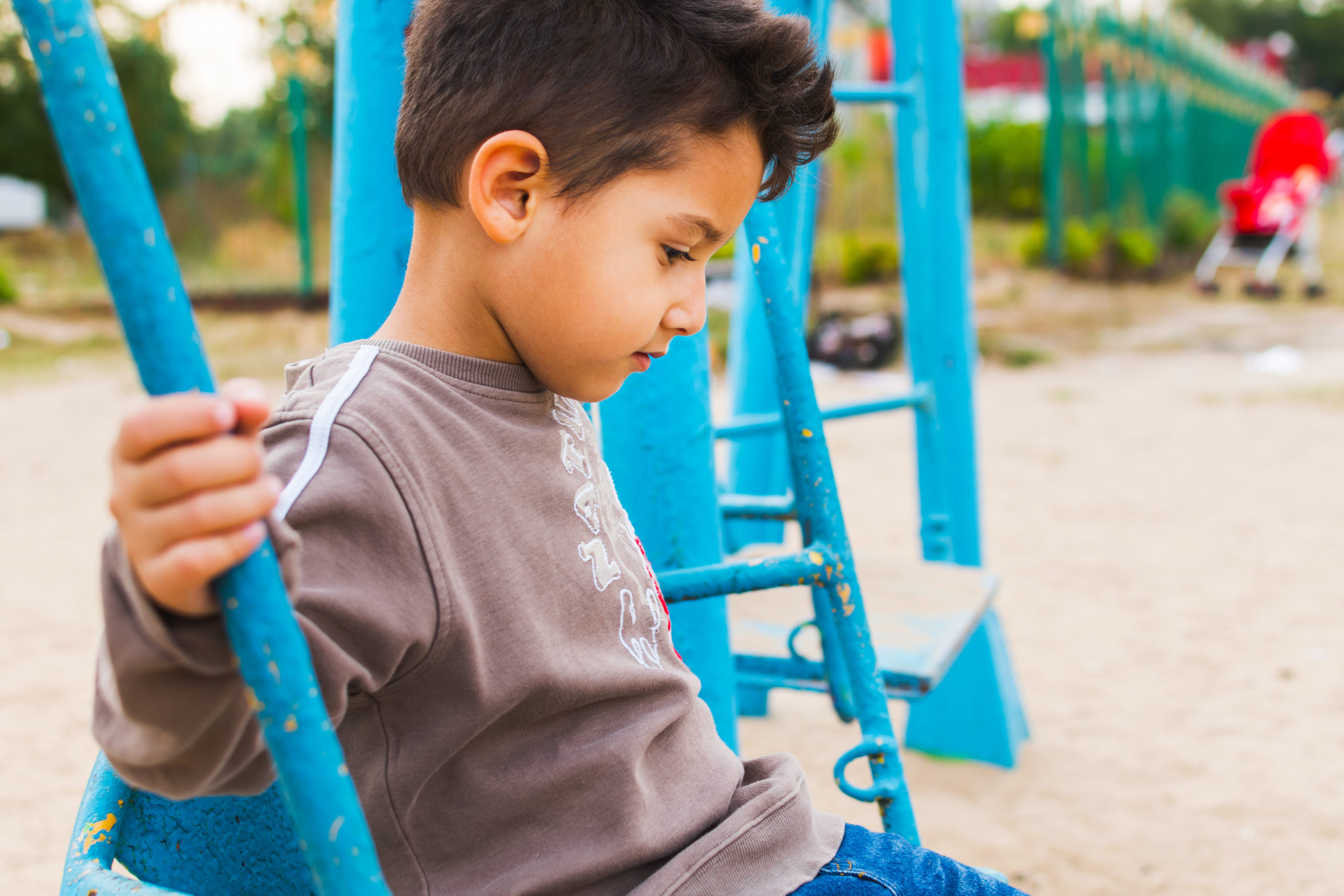We all know that dependencies can rip families apart. But sometimes the public at large might not be aware of just how common this occurrence can be. Some new stats from The Health News Journal could certainly re-emphasize that fact. According to their latest findings, 36 percent of children in foster care come from addicted parents.
The Journal particularly centered on the state of North Carolina, where the addiction-related foster care stat is as high as 40 percent. That’s nearly half of all children in the system. And worse yet, 10 years ago dependencies only accounted for 25 percent of NC foster care kids.
Obviously, the opioid crisis is the primary culprit behind this drastic spike. Parents struggling with painkiller dependencies often find themselves arrested, hospitalized or even killed because of their abuse. This, of course, leads to an intervention from local Child Services Departments and the removal of a minor from the home.
The interesting thing about North Carolina, in particular, is that the state happens to be flourishing. The economy there is strong and unemployment rates are low. But even middle class, “successful” families are finding themselves at the center of this epidemic.
Many parents don’t even realize how easily their children can be taken away because of their substance abuse activities. North Carolina foster care rep Ken Maxwell spoke to the media about the latest findings from his state.
“We’re not seeing the numbers decline, we’re seeing the numbers increase,” Maxwell explained. “The numbers are staying high because of substance abuse or opioid abuse. Families who have never had interactions with the foster care system before are now losing their children. This shows just how quickly opioids cause parents to lose the ability to care for their kids. It really sneaks up on families and they don’t realize it until they’re kids are gone.”
Nationally the addiction-related foster care stats are growing too. Last July, it was revealed that number of children in the system with addicted parents rose by 12 percent over the past five years.
The good news for these families is that the Department of Social Services is willing to work with them if they choose to get clean. In most cases, mothers and fathers who lose their children can regain their parental rights if they successfully complete a recovery program.

dark-haired boy swinging on a swing






